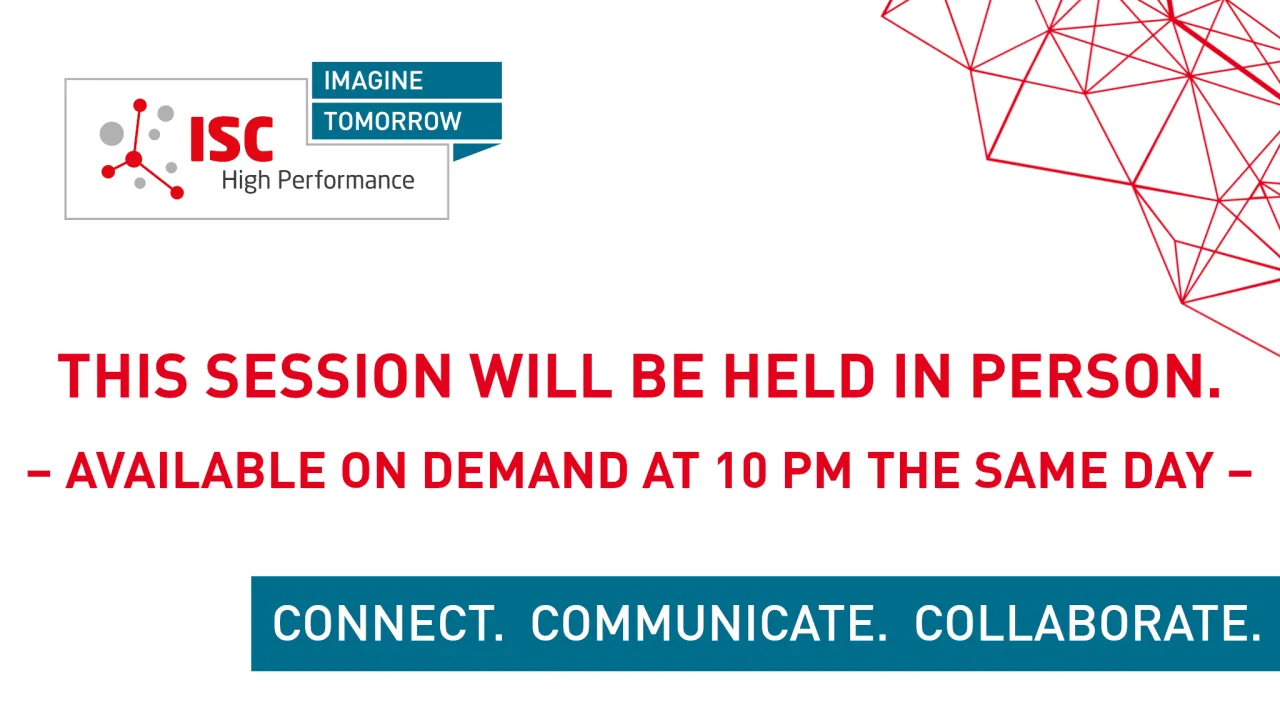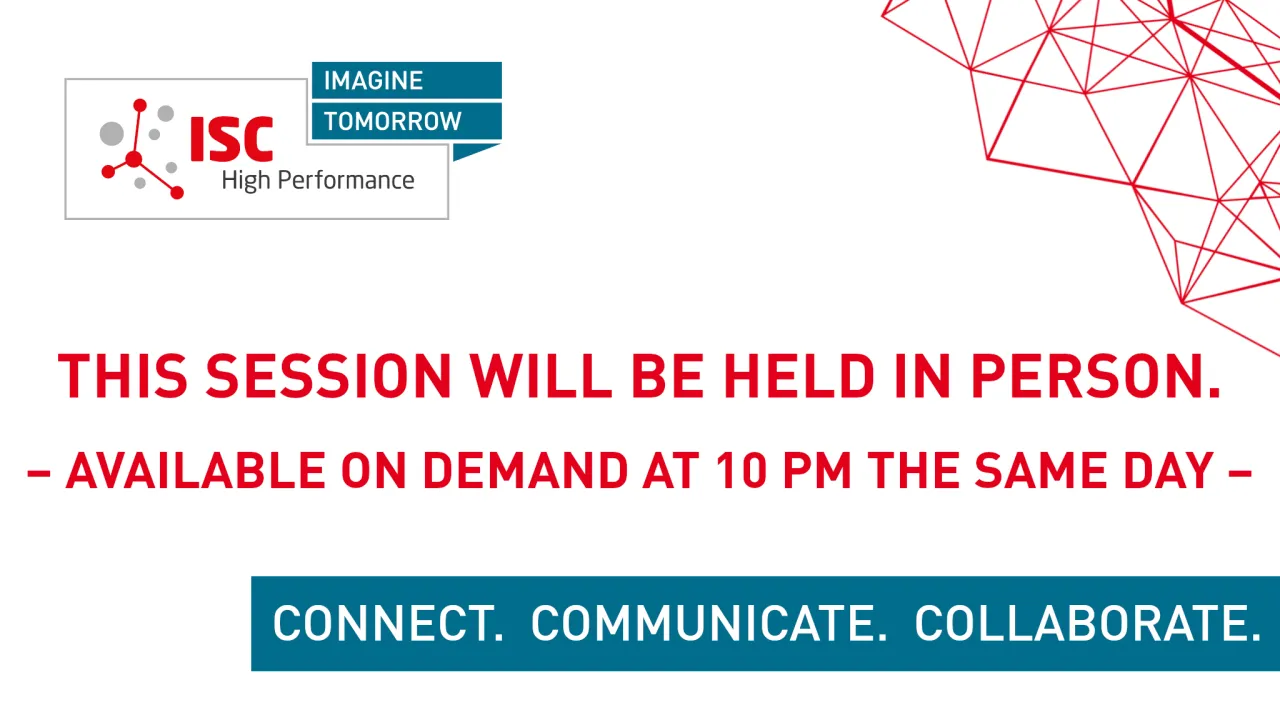

Foundation models and autonomous discovery for biological systems engineering: Peptides, Proteins, Pathways, and beyond
Tuesday, May 23, 2023 10:45 AM to 11:05 AM · 20 min. (Europe/Berlin)
Hall Z - 3rd Floor
Focus Session
AI ApplicationsExascale SystemsHPC WorkflowsLife SciencesML Systems and Tools
Information
Engineering biological systems to precise specifications can be a daunting task — one that requires the ability to tackle vast design spaces emerging from the diversity in the biophysical and biochemical mechanisms and one that also requires certain ingenuity in understanding the genetic basis of how such mechanisms emerge. In this talk, I will outline a paradigm where we posit that autonomous discovery — i.e., automated labs that are ‘managed’ and ‘run’ using artificial intelligence (AI) techniques — can vastly benefit biological design applications. Further, to tackle the complexity of biological design, we argue that a specific class of AI techniques, namely foundation models -- unsupervised learning techniques that can summarize vast troves of rich biological data — can outperform classical techniques. We illustrate this paradigm of using foundation models and autonomous discovery on three exemplar applications: (1) designing antimicrobial peptides using generative models; (2) engineering proteins using genome-scale language models; and (3) understanding the basis of how SARS-CoV-2 may evolve into new variants of concern. Our work demonstrates that AI-based generative models and autonomous discovery holds much promise for how we can engineer novel biological systems. We also articulate challenges that emerge from integrating diverse robotic platforms within the context of autonomous discovery and discuss how these challenges can be overcome.
Format
On-siteOn Demand
Beginner Level
40%
Intermediate Level
40%
Advanced Level
20%

